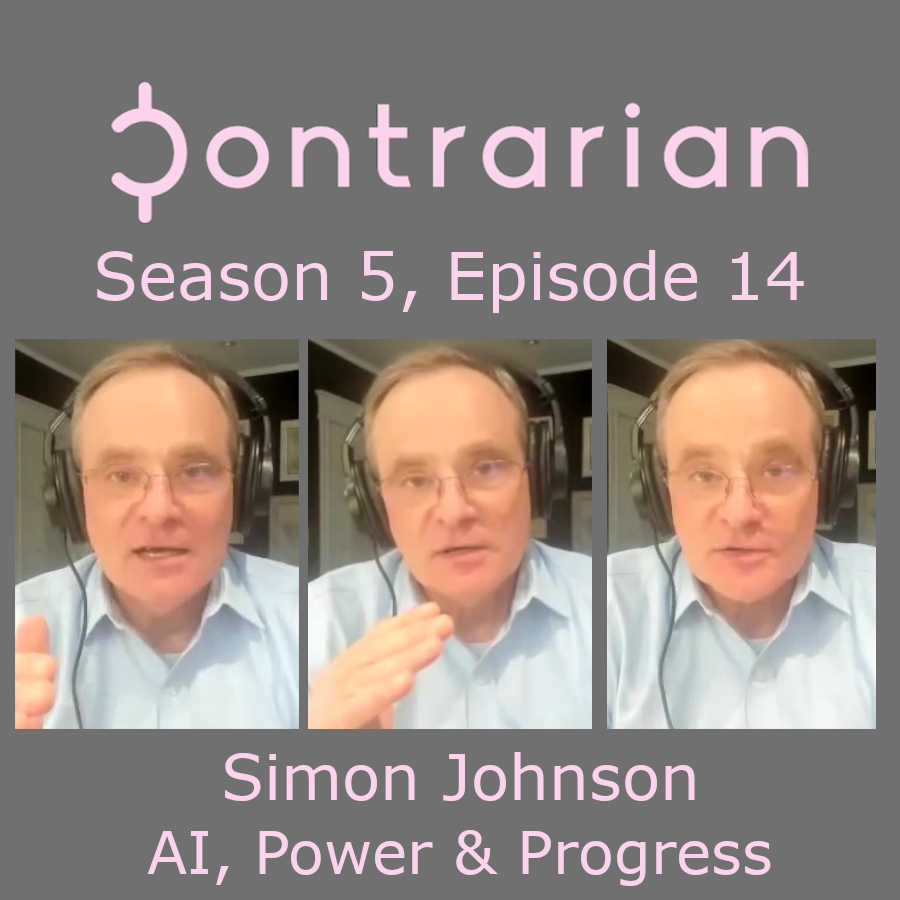With Chris Bemis, X-Cubed Capital
Chris Bemis, co-founder of X-Cubed Capital, joins the podcast to discuss his views on regional bank credit risk, the nascent bubble in AI tech stocks (and AI more generally), problems in commercial real estate, and how he applies his mathematics background to investing.
Content Highlights
- Last September, X-Cubed’s credit risk signals flashed red over regional banks, causing the firm to put on some trades to profit. That opportunity has now run its course and the other side may hold more interest… (1:21);
- AI tech stocks: It’s not 1999 but more like 1995 with the beginning of the seeds of a bubble. The firm is more bullish on mid-cap stocks in general (12:11);
- Background on the guest (15:40);
- The differences between a multi-manager approach to investing and multi-strategy and why the latter has advantages right now (19:46);
- The bearish argument on office space and why he’s bullish homeowners (26:20);
- Making use of mobile phone data and other ‘alternative’ data sources (30:00);
- AI, artificial intelligence, and why it falls short in many investment approaches (33:18);
- Some advice for math students from a mathematics academic (38:37).
More Information on the Guest
- Website: x3cmllc.com

